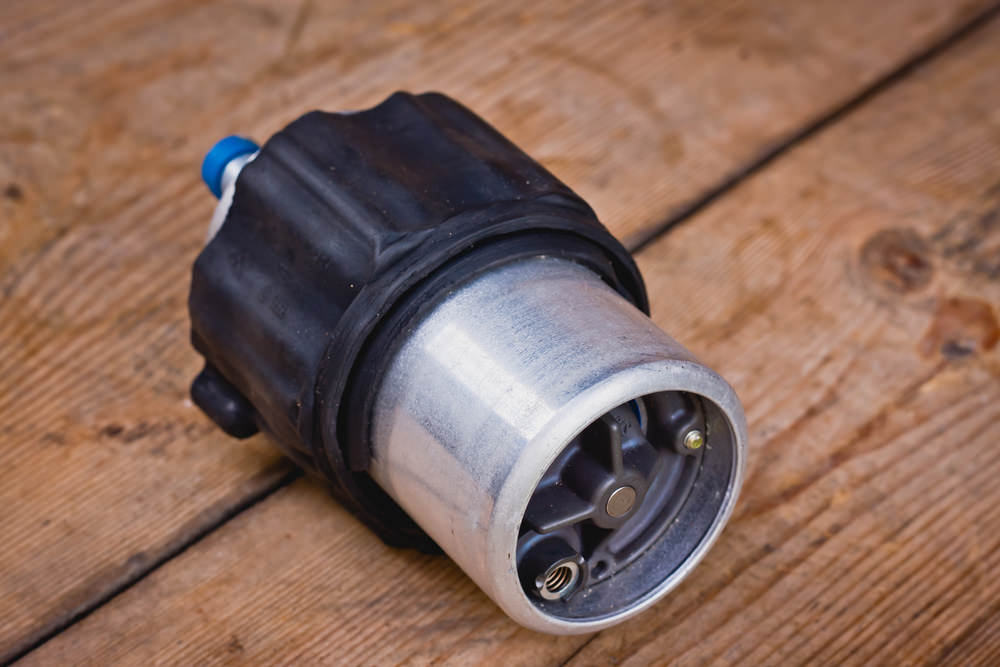

Fuel pumps are a simple and rugged part of the fuel system. They are usually found inside of the fuel tank and are responsible for sending fuel from the tank to the engine. Because this job is very important and the location of the fuel pump is so difficult to access, the pump is built to be tough. There is really no reason to preemptively replace the fuel pump before 100,000 miles. Fuel pumps have been known to last for over 200,000 miles in some cases. After 100,000 miles, the failure of the pump is likely enough that if you are replacing a major part in the fuel system nearby, it may be advantageous to replace it at the same time.
What makes a fuel pump last longer?
General use and fuel quality are the two biggest factors that contribute to the lifespan of the fuel pump. There are a few ways that the average driver can extend the life of their fuel pump with very little effort:
-
Always keep the tank at least a quarter of the way full.
- Gas acts as a coolant for the fuel pump, and if the tank runs dry then there is no liquid to cool the pump. Overheating shortens the life of the fuel pump.
- The weight of the fuel helps move it out of the tank, and with less fuel there is less pressure pushing it through the fuel pump, meaning there is more effort taken by the pump (shortening its life).
- Impurities and any debris from gasoline or from dust and dirt that has gotten into the tank will sink to the bottom. When the fuel on the bottom of the tank is sucked into the fuel pump, the debris could cause damage. The fuel filter can protect the injectors and engine from debris but the pump is affected.
-
Keep the fuel system maintained.
- Parts in the fuel system are meant to function for a long time if maintained correctly. With regular inspections and fuel filter replacements, the parts will last as long as the manufacturer intends.
- Make sure the gas cap has a good seal, otherwise fuel vapor can get out, and dust and debris can get in.
Avoid gas pumps and gas stations that appear poorly maintained. If there is water in the gas or corrosion on the nozzles, this can cause damage to the fuel system and shorten the life of the fuel pump. Cheap gas is just fine, as fuel quality is well regulated in the US, but gas pumps in a state of disrepair are still present on occasion.
When should the fuel pump be replaced?
It is usually unnecessary to preemptively replace the fuel pump, but if there is another service being performed on the vehicle that involves removing the gas tank, and the current fuel pump has been running for over 100,000 miles, then replacing it could save money and time in the long run.
If the fuel pump seems to be surging and then not delivering enough fuel, get it inspected by a qualified mechanic right away. The fuel system is necessary to keep the car running and a poorly maintained fuel system is downright hazardous.



